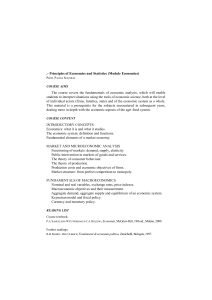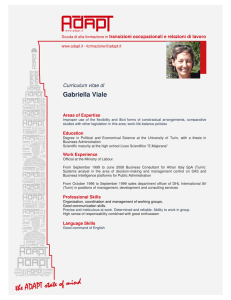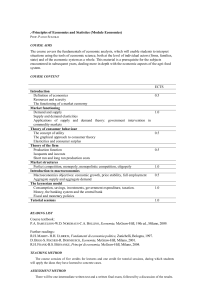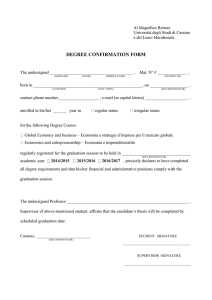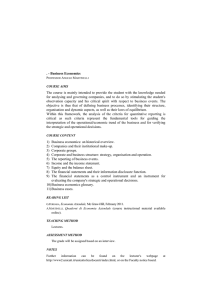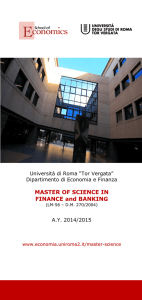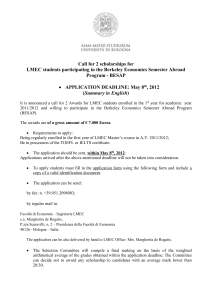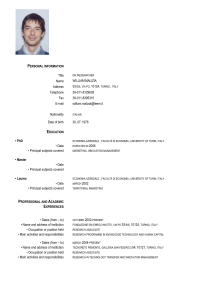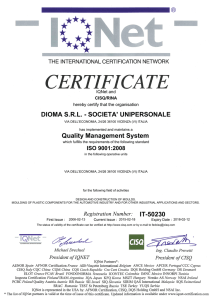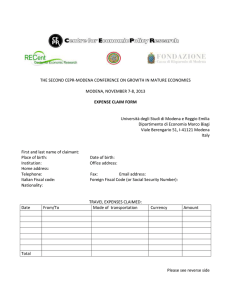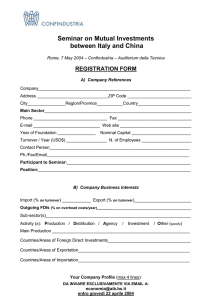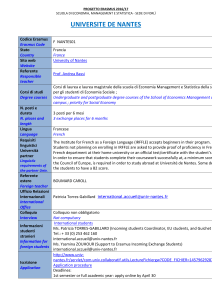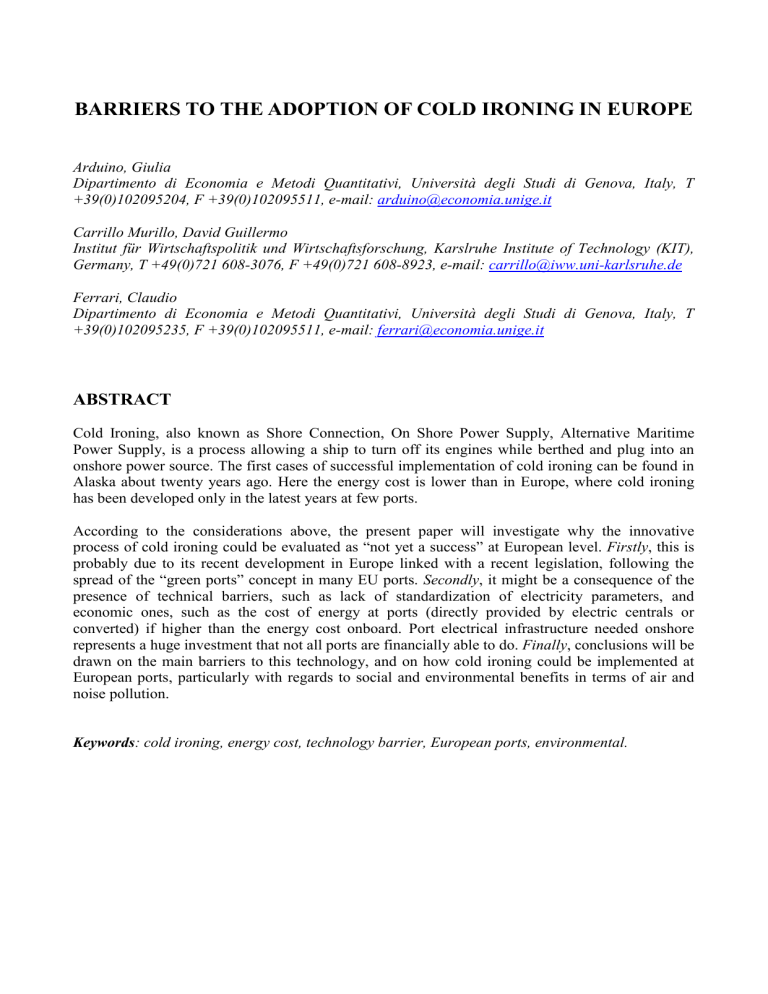
BARRIERS TO THE ADOPTION OF COLD IRONING IN EUROPE
Arduino, Giulia
Dipartimento di Economia e Metodi Quantitativi, Università degli Studi di Genova, Italy, T
+39(0)102095204, F +39(0)102095511, e-mail: [email protected]
Carrillo Murillo, David Guillermo
Institut für Wirtschaftspolitik und Wirtschaftsforschung, Karslruhe Institute of Technology (KIT),
Germany, T +49(0)721 608-3076, F +49(0)721 608-8923, e-mail: [email protected]
Ferrari, Claudio
Dipartimento di Economia e Metodi Quantitativi, Università degli Studi di Genova, Italy, T
+39(0)102095235, F +39(0)102095511, e-mail: [email protected]
ABSTRACT
Cold Ironing, also known as Shore Connection, On Shore Power Supply, Alternative Maritime
Power Supply, is a process allowing a ship to turn off its engines while berthed and plug into an
onshore power source. The first cases of successful implementation of cold ironing can be found in
Alaska about twenty years ago. Here the energy cost is lower than in Europe, where cold ironing
has been developed only in the latest years at few ports.
According to the considerations above, the present paper will investigate why the innovative
process of cold ironing could be evaluated as “not yet a success” at European level. Firstly, this is
probably due to its recent development in Europe linked with a recent legislation, following the
spread of the “green ports” concept in many EU ports. Secondly, it might be a consequence of the
presence of technical barriers, such as lack of standardization of electricity parameters, and
economic ones, such as the cost of energy at ports (directly provided by electric centrals or
converted) if higher than the energy cost onboard. Port electrical infrastructure needed onshore
represents a huge investment that not all ports are financially able to do. Finally, conclusions will be
drawn on the main barriers to this technology, and on how cold ironing could be implemented at
European ports, particularly with regards to social and environmental benefits in terms of air and
noise pollution.
Keywords: cold ironing, energy cost, technology barrier, European ports, environmental.

